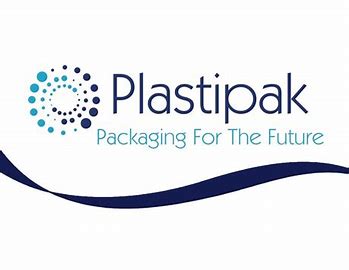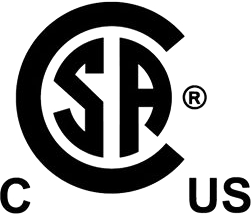Plastipak Plant
Tight temperature and humidity control for better product quality.
Plastipak Plant
Tight temperature and humidity control for better product quality.
Plastipak Holdings, Inc. is a prominent supplier of plastic containers, manufacturing technologies, equipment, and services. As one of the largest users of PET and HDPE resin in the Western Hemisphere, they lead the industry in producing dynamic custom containers. Their Plant City, Florida facility spans 18 acres and includes a structure of approximately 30,000 square meters.
Due to numerous processes, the building experiences a very high heat load. Additionally, the Florida location requires extra attention to humidity levels. The production processes demand tight temperature and humidity control to function properly, maintaining a controlled temperature of 78°F plus or minus 1°F. The plastic molds must remain dry to prevent condensation, often referred to as "mold sweat," which can cause several issues:
1. Surface deformities on containers, resembling an orange peel, due to water droplets forming bumps on the mold surface.
2. Accelerated corrosion, leading to increased maintenance costs.
3. Poor adhesion of labels on containers.
Using desiccant dehumidifiers to keep the molds dry was essential. An added benefit of dehumidifiers is that without condensation, coolant temperatures can remain low, allowing continuous, high-speed operation.
The solution designed involved using Applied Air IFA Series Air Turnover units coupled with Munters Dehumidification. Applied Air provided (2) IFA-600 and (2) IFA-300 units for temperature control. The IFA systems come with various standard options, including gas-fired, electric, hot water, or steam heating; humidification; outside air economizer; and a variety of filtration efficiencies. This allowed the engineering team to design the system for this specific application, ensuring the required tight environmental control.
Air Turnover Cooling (IFA) units offer numerous benefits for conditioning large volume, high ceiling bay facilities over traditional packaged rooftop units (RTU):
1. Uniform Air Distribution: IFAs provide uniform air distribution and prevent air stratification without ductwork, reducing overall installed and engineering costs.
2. Modular Design: The ductless systems allow for flexible plant layout and mobility. Units can be easily relocated if the plant design changes or if the building is leased.
3. Indoor Installation: IFAs are typically installed within the plant, protecting air handlers from weather, reducing maintenance costs, and extending the life cycle by up to ten years compared to RTUs.
4. Floor Mounted: No need for costly structural analysis required for rooftop-mounted equipment. Roof penetrations are eliminated, preventing potential leaks and damage during maintenance.
5. Flexible Design: IFA equipment is a split system (chilled water or DX), allowing for flexible design of space set point conditions. They can be engineered for high sensible loads or heavy dehumidification, maintaining close temperature and humidity tolerances from floor to ceiling.
6. Tax Savings: IFAs are often classified as "process equipment" instead of "air conditioning," leading to accelerated depreciation and tax savings.
7. IFAs using chilled water have fewer components to maintain, longer lifespan, and higher efficiency. Chilled water systems offer diversity, allowing water to follow the load and enhance system efficiency and flexibility. The chiller can be oversized for future use in air conditioning or process cooling.
- LOCATION: 4211 Amberjack Blvd,
Plant City, FL
33566 - Applied Air Representative Lincoln Associates; 800 Battery Avenue SE, Suite 300 Atlanta, GA 30339
Are you looking for a Sales Representative?
Find your local sales office right now!





